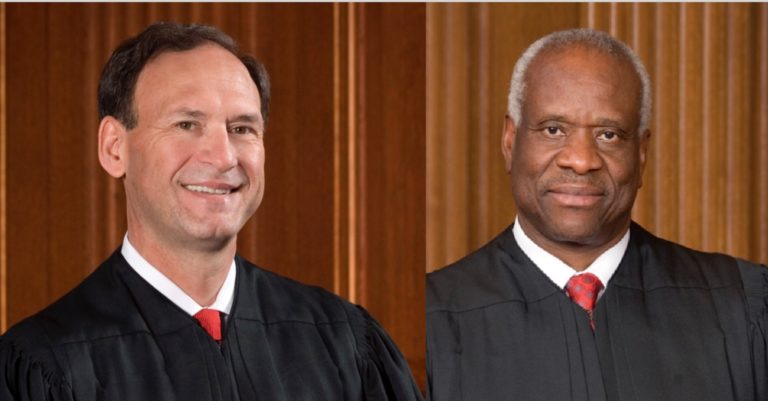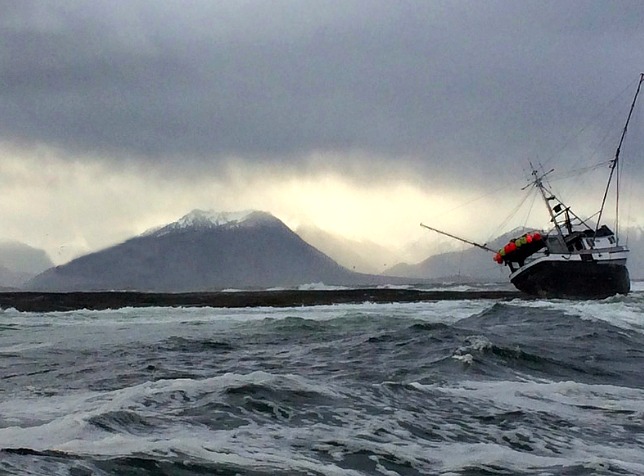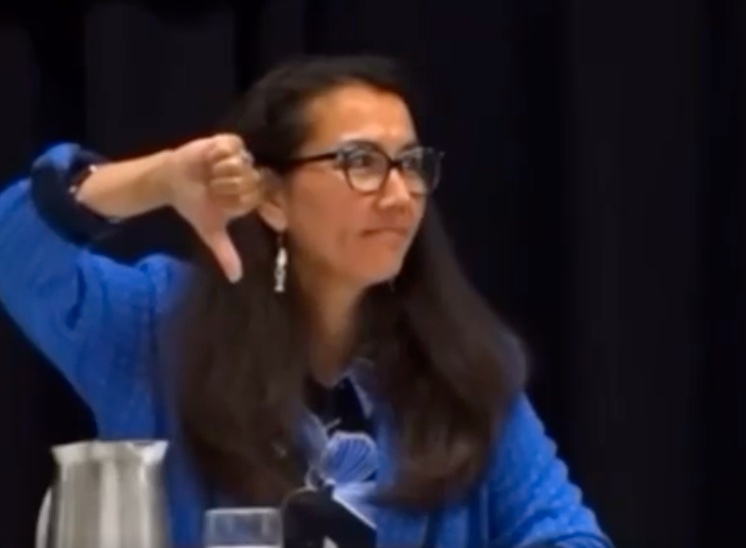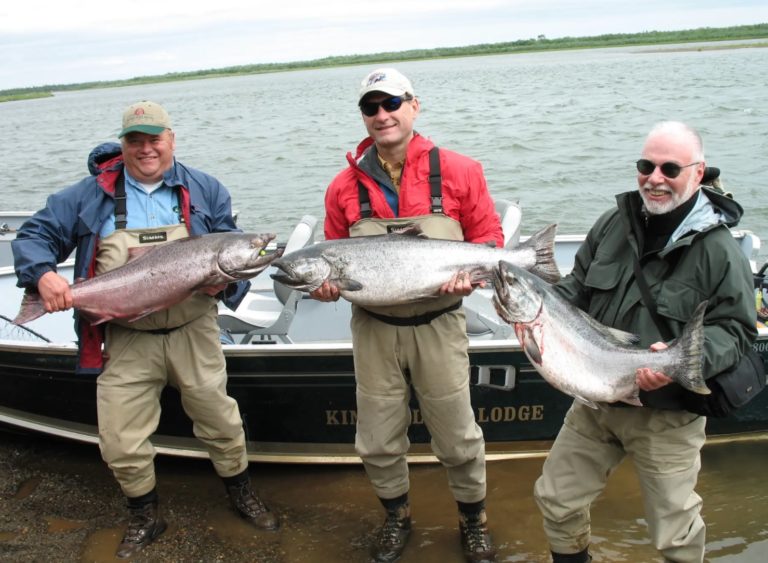By RUPERT DARWALL
Two years ago, efforts by climate activists and Environmental, Social, and Governance (ESG) investors to block investment in oil and gas production by Western companies appeared to have received a seal of approval from no less an authority than the International Energy Agency, when it published Net Zero by 2050: A Roadmap for the Global Energy Sector.
As a result, attempts to achieve net zero carbon emissions by 2050 became central to the “E” in ESG and the agency’s net zero roadmap has come to define the net zero baseline for energy companies.
The RealClear Foundation asked the Energy Policy Research Foundation, Inc. to conduct a forensic analysis of the IEA’s major reports on net zero and assess the likely economic impact of a cessation of investment in new oil and gas fields.
The foundation’s analysis conclusively demonstrates that the IEA’s assumptions are unrealistic, internally inconsistent, and often support the case for increased hydrocarbon fuel production.
In reality, the IEA’s net zero roadmap is a green mirage that will dramatically increase energy costs, devastate Western economies, and increase human suffering. As such, investment managers and banks that use other people’s money to advance this anti-investment agenda are violating their fiduciary obligation to maximize returns for retirees, investors, and shareholders.
The fundamental assumption underlying the IEA’s net zero roadmap is that the superiority of alternatives to hydrocarbons—principally wind and solar (nuclear barely gets a look in)—will cause demand for coal, oil, and natural gas to wither away. Nonetheless, progressive groups seized the IEA’s report to justify—indeed, to require—a ban on investment in new oil and gas projects.
Climate Action 100+, a group of 700 investors with over $68 trillion in assets under management, hailed the report as a “watershed moment” and highlighted the call from the “relatively conservative IEA” for an immediate end to new investment in fossil fuel extraction.
Similarly, As You Sow, a not-for-profit climate activist investor, described the IEA net-zero report as groundbreaking. For the 2023 proxy season, As You Sow filed shareholder resolutions at five of the largest U.S. banks, pressing them to align their financing activities with achieving net zero by 2050. Those resolutions all failed, but last year, a resolution filed at the ExxonMobil annual meeting by Ceres, another activist investor and a founding partner of Climate Action 100+, cited the IEA net zero report and requested the company’s board to produce an audited report on the impact of applying the IEA’s net zero assumptions on the company’s financial statements. The resolution received the support of 51% of voting shareholders.
The International Energy Agency itself highlights the dire consequences of unilateral action designed to suppress supply.
“Reducing fossil fuel investment in advance of, or instead of, policy action and clean energy demand would not lead to the same outcomes as in the NZE Scenario,” the IEA warned in its World Energy Outlook 2022. “If supply were to transition faster than demand, with a drop in fossil fuel investment preceding a surge in clean technologies, this would lead to much higher prices—possibly for a prolonged period”—an accurate description of the world we’re now living in.
Instead, the IEA subscribes to the Friedrich Engels theory of renewable energy: like the state under communism, demand for oil and gas will wither away.
Based on its presumption of demand obsolescence, the IEA foresees low and falling hydrocarbon prices: $35 a barrel for oil in 2030 (around half its current level); and, for natural gas, $2.1 per million Btu (MMBtu) in the U.S. and $2.0 in the EU in 2030.
History tells us that these forecasts are fanciful. In the 318 months since January 1997, there were only 26 months when the price of natural gas in the U.S. was less than $2.10—and seven of those were in 2020, when demand was suppressed due to the Covid pandemic.
Failure to invest in increased supply is far more likely to result in upwardly spiraling prices as demand increasingly exceeds supply, as the Biden administration understood when it used the Strategic Petroleum Reserve for the nonstrategic purpose of tamping down gasoline prices. Energy Policy Research Foundation compares the net zero supply deficit with the IEA’s Stated Policies Scenario. Based on historical price elasticities of demand, the 35% supply differential for both oil and gas could see prices more than tripling on the net zero pathway. Whether price increases of this magnitude cause a recession or a depression, they will have a significant negative impact on global growth.
The other side of this coin is the relative cost of wind and solar energy. “Ever-cheaper renewable energy technologies,” the IEA claims, “give electricity the edge in the race to zero.” Yet the IEA’s own numbers demonstrate the inferiority of its post–fossil fuel energy future as it will require enormous increases in capital, labor, and land to produce less energy.
By 2030, the IEA’s net zero pathway uses an additional $16.5 trillion of capital. More investment should make labor more efficient. Not with clean energy. Renewables require nearly 38.5% more labor, global energy employment rising by nearly 25 million. Yet this new energy system produces 7% less energy, implying a calamitous 33% fall in energy output per employee.
If that’s not bad enough, solar and wind require an area equivalent to the combined size of California and Texas and bioenergy for electricity production an area the size of France and Mexico combined.
There is no theory in growth economics that says that more inputs of land, labor and capital for less output is a formula for sustained economic growth. Quite the opposite. The IEA’s net zero carbon emission pathway reverses a process that has been under way since the dawn of the Industrial Revolution of society obtaining more outputs for fewer inputs, making the world unambiguously poorer and having the worst impact on billions of people in the world’s poorest nations. And this is before considering renewable energy’s own negative environmental impacts.
This leaves decarbonization as the sole potential benefit from deploying wind and solar. If there is an economic case for net zero, neither the Intergovernmental Panel on Climate Change nor the governments that adopted net zero targets have yet to conduct a proper cost-benefit analysis to prove it.
ESG-focused investment managers are in a tight spot. In its World Energy Outlook 2022, the IEA implicitly conceded that ESG investment managers exerting pressure on oil and gas companies to align their investment programs with net zero are contributing to the current macroeconomic malaise of high inflation and weak growth. These investment managers have fiduciary obligations to current and future retirees, savers, and shareholders to maximize their returns. They do not have a mandate to use other people’s money in an effort to avert what they believe might be a planetary catastrophe by destroying corporate value and throwing the free-market growth machine into reverse.
There is a geopolitical dimension to net zero. The IEA’s net zero roadmap sees OPEC’s share of the global oil market rise from 37% to 52% in 2050, “a level,” the IEA says, “higher than at any point in the history of oil markets.” Where non-OPEC producers—pressured by ESG investors—follow the net zero profile of steeply declining oil production while OPEC producers maintain investment, OPEC’s share would rise to an astounding 82% by 2050. Wittingly or otherwise, ESG investors are undermining the security interests of the West during a period of rising geopolitical tensions when the West is having to relearn a painful lesson on the strategic importance of energy security.
Nearly 50 years ago, Henry Kissinger gave his Pilgrim Speech that led to the creation of the IEA. Kissinger defined the goal of the new energy group as “the assurance of required energy supplies at reasonable cost.” The IEA could have chosen to remain faithful to its original mandate. In seeking to become a cheerleader for net zero, the IEA has allowed itself to be used as a tool for climate policy extremism, has misled policymakers, and has endangered the world’s economy and Western security, forsaking the purpose for which it was created.
The EPRINC report, “A Critical Assessment of the IEA’s Net Zero Scenario, ESG, and the Cessation of Investment in New Oil and Gas Fields,” published today, can be downloaded here.
Rupert Darwall is a senior fellow of the RealClear Foundation and author of Green Tyranny. This article was originally published by RealClearEnergy and made available via RealClearWire.








